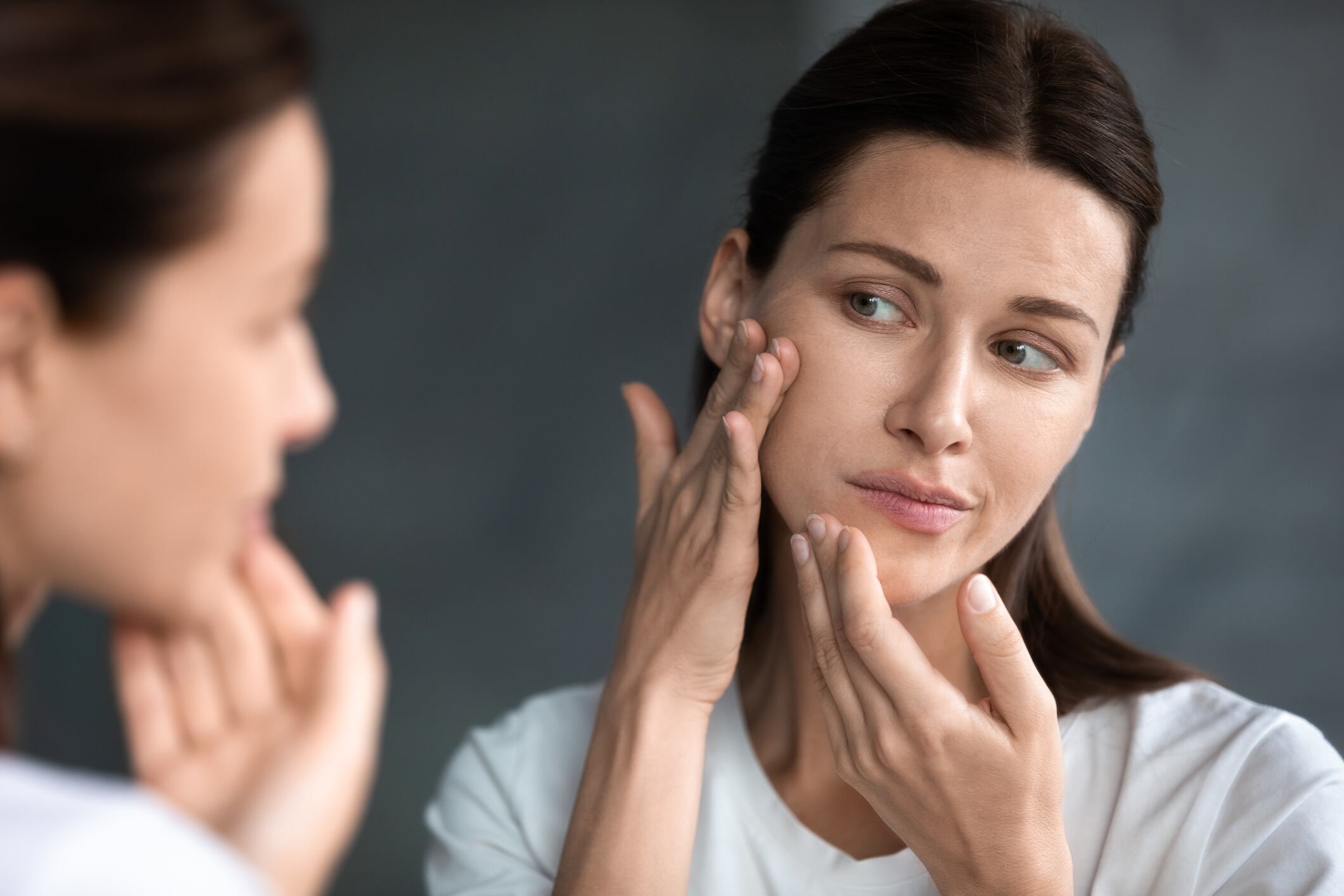Exemplifying the utility of GOED's novel Clinical Study Database (CSD), the reports provide a detailed summary of the research to date on the topics of psoriasis and dermatitis.
Skin health detriments were one of the early findings of omega-3 metabolism research. Specifically, when the enzymes in the metabolic pathway with EPA and DHA were disrupted or eliminated, severe skin detriments were noticed in animal models.
Since then, the scientific backing has evolved, with research suggesting omega-3 can serve to regulate the skin's oil production, improve balanced hydration, subdue breakouts and help soften rough skin and have a soothing effect on irritation.
Psoriasis
Affecting 125 million people worldwide, psoriasis is considered a chronic inflammatory skin disease, and is often associated with other comorbidities such as cardiovascular diseases, kidney disease and other inflammatory diseases.
To date, studies on this topic continue to emerge but the results are contradictory. But a recent 2020 systematic review determined that fish oil / EPA and DHA omega-3s when combined with conventional treatments can improve the lesion area, severity of skin lesions, and the quality of life in patients with psoriasis.
The majority of the studies in this field to date have been completed with middle-aged adults. Some of the patients in the studies have mild to severe psoriasis. The dosages given in the studies tend to be higher, as they are working to treat the disease condition.
A search of the CSD revealed 41 studies relating to "Psoriasis" with 31 (76%) of these being interventional studies, published between 1986 and 2020. The number of participants in each study ranged from 9-221 but most had under 100 participants.
Most articles (87%) related to psoriasis have a positive abstract conclusion, while 13% were neutral.
Dose and outcome
One study utilised a dose of 640mg/day EPA+DHA a day and reported a significant difference in psoriasis, scaling and psoriasis area and severity index between baseline and end of the study in the omega-3 group.
Eleven studies implemented a dosage of 1,800-6,000mg/day.
At this dose, seven studies found a significant difference in psoriasis, scaling and psoriasis, in the omega-3 groups between baseline and final timepoint.
Five studies found a significant difference in psoriasis area and severity index between baseline and final timepoint in the omega-3 groups.
Three studies found no difference for psoriasis area, severity index or psoriasis severity.
One study used intravenous EPA+DHA and found a significant difference in psoriasis, scaling between baseline and week 8 in the omega-3 group.
Five studies provided no clear EPA+DHA dosage.
One study using a topical ointment with 1% and 10% EPA+DHA found a significant improvement in psoriasis, scaling, and in the psoriasis area and severity index.
One study without a dosage listed found a significant difference in psoriasis area and severity index between the omega-3 group and the placebo group when comparing change from baseline.
Dermatitis
It is estimated that 115 million people worldwide suffer from eczema and atopic dermatitis.
Dermatitis is described as an allergic disease which can often occur with asthma, allergic rhinitis/hay fever/seasonal allergies, eczema/atopic dermatitis, and food allergies. Its symptoms include itchy skin, dry skin, or a rash.
A total of 52 studies were found relating to "dermatitis" and 38% of these were interventional studies, 27% were reviews, and 35% were cohort or case-control studies.
Further, the studies investigating dermatitis were for the most part, focused on supplementation of mothers during pregnancy, and following outcomes in children six months to three years after birth.
This information is important when considering the results of the studies, and generalizations are cautioned, as this information is only pertinent to this specific population studied to date.


